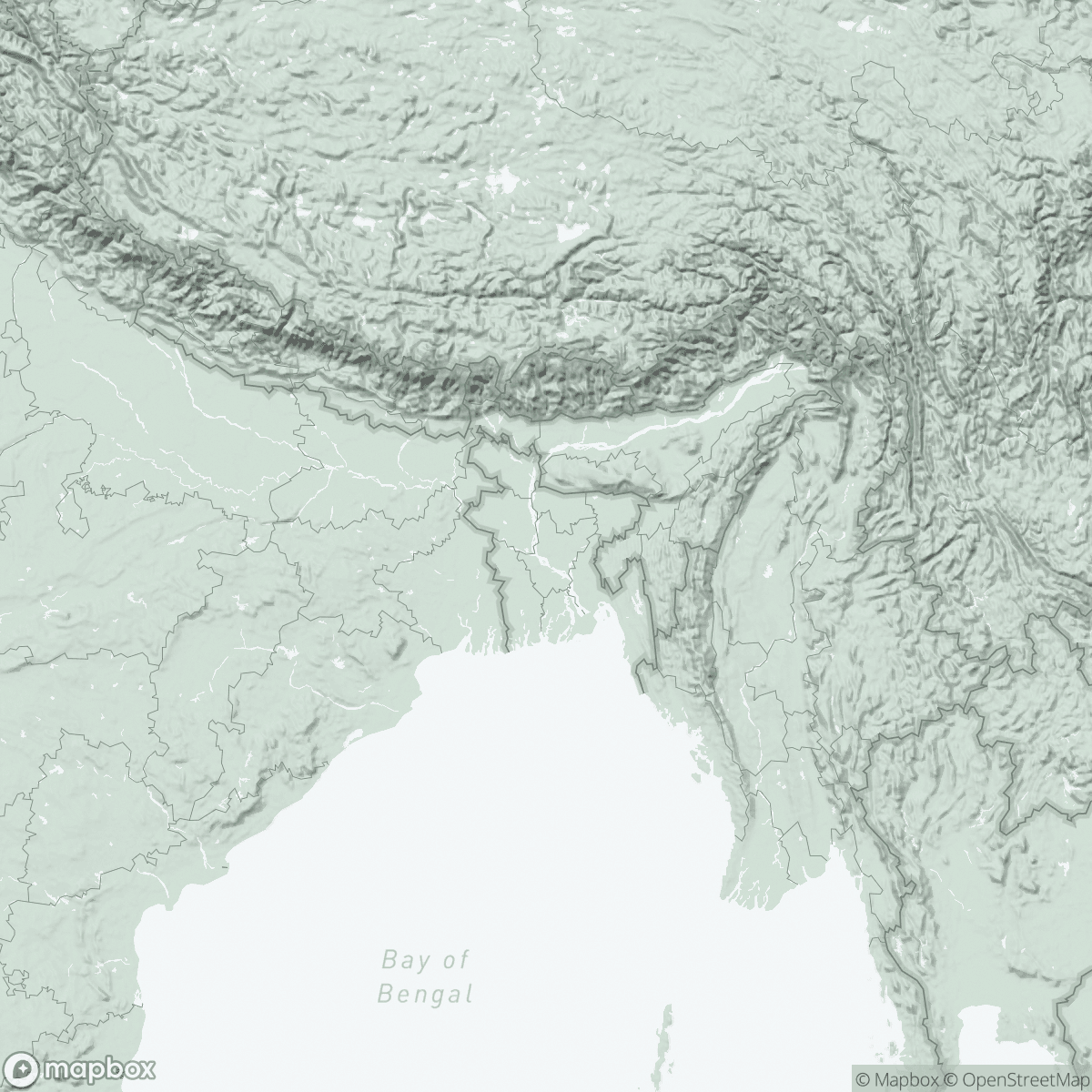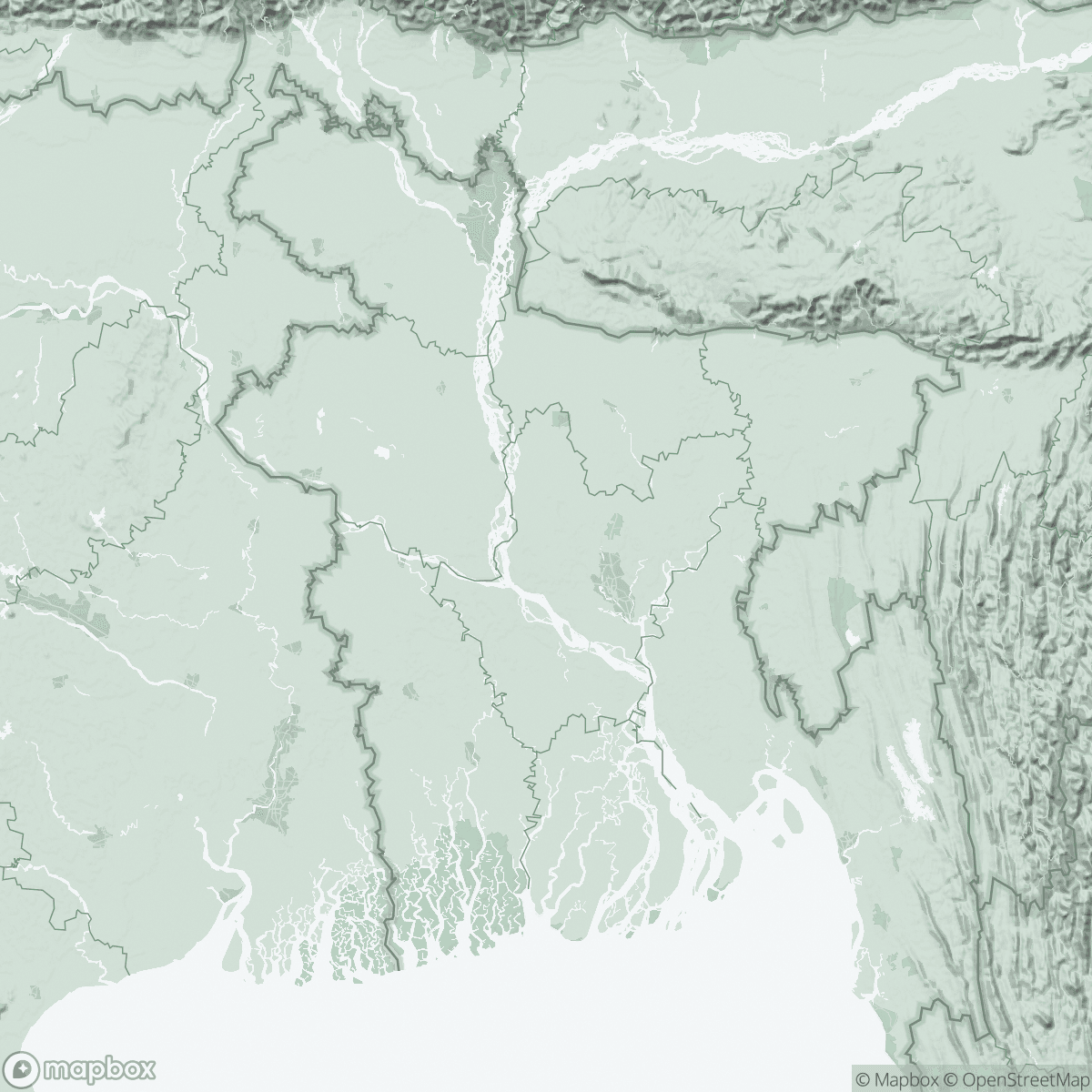
Rebecca Smith, the testimony of one of the "MSF women on the lead"
In 1 click, help us spread this information :
For me, the humanitarian work started at an early age. When I was a child, my parents took care of orphans, other people, children. In our Liberian society everyone takes care of someone.
So I grew up with that idea of being humanitarian, and I adopted the same idea when I grew up, too.
My story goes back to 1990, when Liberia was in civil war. I fled to the Ivory Coast as a refugee and volunteered in a clinic there, to use my skills as a nurse to help others who had fled. After three months we were approached by MSF who were opening a centre to treat malnourished children. They needed health workers and I was recommended by the clinic, so after meeting the Field Coordinator and passing a test I was hired as a nutrition assistant. This was my first encounter with MSF.
When the program had to close due to increased conflict, MSF moved the program to southeast Liberia, near my hometown, and I worked with them in the same hospital I had first worked in after my nursing training. MSF renovated the hospital, which had been damaged during the war, and after six months I was made supervisor of the project.
Unfortunately, another insurgency meant we had to flee back to the Ivory Coast, leaving everything behind. But MSF opened another hospital in Monrovia, the capital, and when I was in the refugee camp I got a letter saying that MSF was looking for me. I was made supervisor of the surgical department and worked there for five years.
In 2010 I took my first international assignment to Yemen. I’ve since worked with MSF in South Sudan, Nigeria and Kenya. I returned to Liberia during the Ebola crisis, and in April 2020 I helped with COVID-19 community awareness by distributing hand soap door-to-door. During the pandemic I was home waiting for the crisis to end, and when the opportunity came up for Bangladesh, I was asked if I would be willing to go. I said yes.
Now in my current role I am in charge of the medical doctors, nursing activity, nursing team supervisors, the emergency department, intensive care unit, general ward, isolation ward and the laboratory. I manage the supervisors of those areas and oversee the overall management of the hospital.
As a leader I have challenges—you’ve got to have challenges; if you don’t, then it isn’t worth it. In leadership you have to be patient, you have to be able to tolerate some things, and you have to have good listening ears.
In some countries women have the last say, or don’t have any say at all. When you come in to be a leader it’s tricky, because sometimes they won’t do what you ask them to. Sometimes there is a stereotype attitude—that a woman is supposed to only be in a certain place, only cooking. We should try to get out of that attitude.
Being a woman, being a leader, you have to be strong through these difficulties. I know in the future it will get better, but it is a gradual process.
We should still persevere, we shouldn’t be discouraged, we should still do what we are called to do. We came to help—so then let us do it together.






